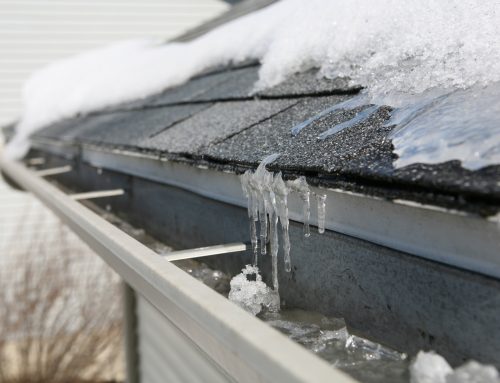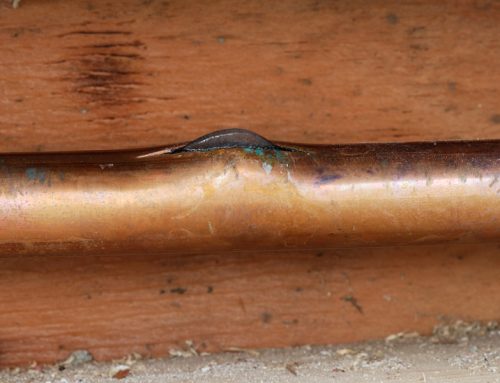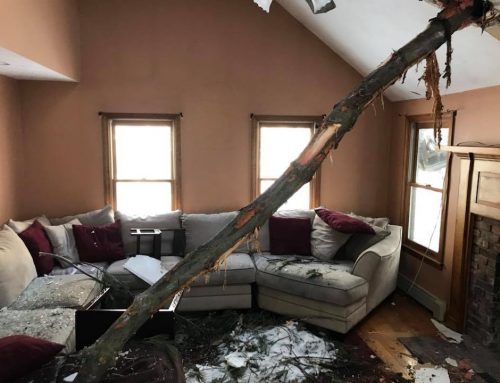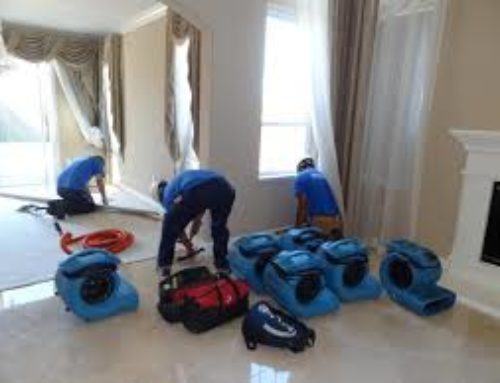Do you own a second property in New England? Do you rent to someone in the area? Have you recently vacated a home under agreement to be sold?
If so – take care. Even with a great homeowner’s policy that covers accidental water damage, you might be in legal trouble if you don’t take “reasonable care” to “maintain heat” at your property.
What Does “Reasonable Care” Mean?
In our experience, and according to legal precedent, “reasonable care” simply means, “What would a normal person in my situation do to make sure that my pipes do not freeze?”
Here are some specifics:
– Leave the heat on. Yes, it might seem like a waste of money to run heat in a building that’s unoccupied, but we promise it’s much less expensive than paying out of pocket for water damage. It’s your responsibility as a property owner or manager to prevent your pipes from freezing by keeping the heat on in your property. To what setting? Fifty-five degrees is generally considered warm enough, but if temperatures are particularly frigid, consider 60 or higher.
– Turn on the water. Again, you might not want to pay the water bill, but it could save you a lot of money. When a pipe freezes and water tries to get past the frozen blockage, that pressure causes the dreaded burst. If you leave the water running ever so slightly during a cold spell, it relieves that dangerous pressure.
– Keep the oil (and electricity) coming. Your thermostat setting will do you no good if there’s no oil to keep your heat running. And don’t think you can bamboozle the insurance company either: Records of oil delivery can and will be obtained. Make sure oil is delivered regularly to keep the house warm, and of course, make sure you are paying the bills on time. If you are moving, ensure you contact the oil company and have them send bills and notices to the proper mailing address. Same goes for your power: Make sure to pay the bills on time and check regularly that your service has not been terminated.
– Maintain the heating system. Whether it’s putting batteries in the thermostat or having maintenance personnel examine your system and look for possible weaknesses, it’s your responsibility to keep your heating system in tip-top shape. While failures can happen suddenly, if you’ve made an effort to have the system routinely examined, you may have legal ground to stand on in the case of a pipe bursting.
– Make an effort. Other ways to show “reasonable care” include opening cabinet doors and interior doors to allow warm air to reach the pipes in the walls. If there are exposed pipes in the basement or attic, look into insulating those pipes to help prevent them from freezing. You can also add insulation to exterior walls and the walls of unheated areas at the property in order to keep pipes warmer. Keep in mind that poorly insulated pipes can also hide in the walls and floors, but you may not realize until it’s too late that they need some extra padding. Keep a record of the extra measures you took (receipts, pictures of the extra insulation, etc.).
– Hire help. Time and time again, property owners rely on neighbors, family members or friends to do regular checks on their property. While this might seem like “reasonable care,” if these people aren’t listed on your insurance policy, you can’t blame a leak on their failure to check the house. Hiring someone to do regular checks, on the other hand, and creating a paper trail with a contract is much wiser – particularly if you live out of state and can’t regularly check yourself. Even then, make sure to call the hired person and ensure they are truly doing their job.
Too Late? Have Your Pipes Burst?
Call Sabel Adjusters. Yes, you have a responsibility to keep your property warm, but accidents happen. That’s why we are here. You’ll have repair costs that can range from moderate to extreme, depending on the severity of the burst, and you deserve to get everything back that you lost. Sabel Adjusters can make that happen.
If a disaster strikes, Sabel Adjusters is an advocate for you. We manage, prepare and present your insurance claim to ensure you get the settlement you deserve. Contact us today.






